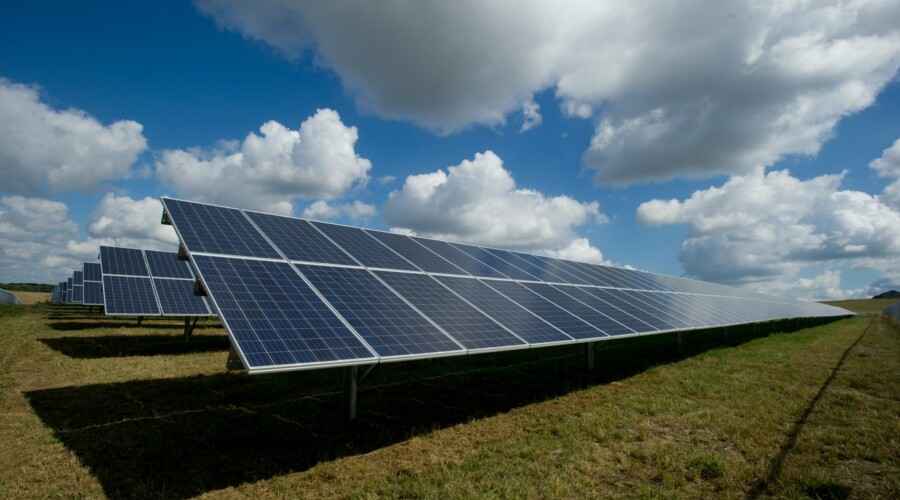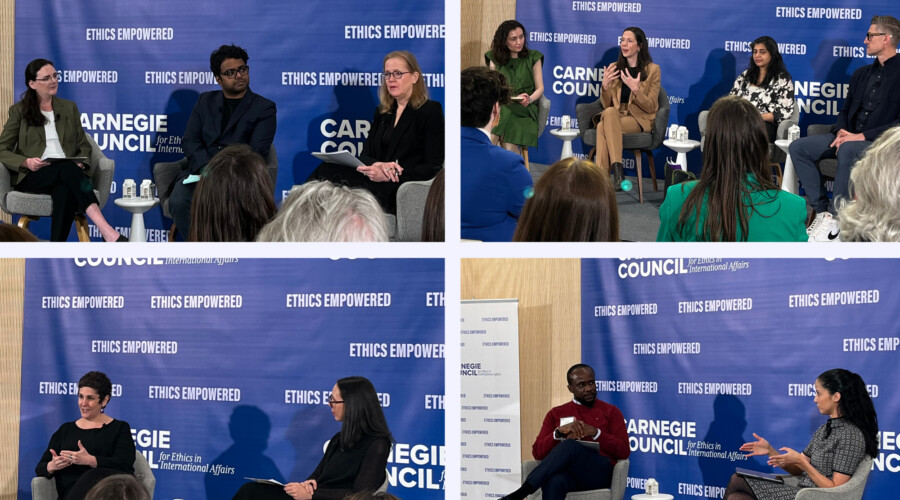Launched in the summer of 2017, the year-long Carnegie Council research project "Russian soft power in France" explored Russian influence in French political parties and civil society institutions today. The research includes historical background on relations between France and Russia, which is essential to an understanding of the current situation. This valuable case study on France sheds light on Russia's soft power strategies to bolster allied political parties in established European democracies.
The participants were project leader and Carnegie Council Senior Fellow Marlene Laruelle, of The George Washington University; Nicolas Lebourg, of the University of Montpelier; and Jean-Yves Camus, of the French Institute for International and Strategic Affairs, Paris (IRIS). Each researcher produced a paper in French (which was then translated into English) and the papers were presented at three separate events in Paris. In June 2018, Carnegie Council held a concluding event at its headquarters in New York, during which the researchers shared their findings and offered a captivated audience a window into Franco-Russian relations.
Project Resources
Russian Soft Power in France: Assessing Moscow's Cultural and Business Para-diplomacy Marlene Laruelle This fascinating and detailed account maps Russian soft power in France by looking at networks that are not directly state-produced: diaspora organizations, those linked to business, the major Orthodox foundations, the Russian Orthodox Church, and the think tanks and media realms. (In French and English)
The French Far Right in Russia's Orbit Nicolas Lebourg "Far-right groups in France are not restricted to the party of the Le Pen family. They are diverse, operate through networks, and are now well within Russia's force field. But this is not only the result of Vladimir Putin's charisma or Marine Le Pen's need for funds. The Russian question has drawn French nationalist activists into combat, both at the rhetorical level—over the promotion of competing geopolitical visions—and at the level of armed combat." (In French and English)
French Political Parties in Russia: The Politics of Power and Influence Jean-Yves Camus "In 2018, what relationship do French political parties have with the Russian Federation, its government, and its political parties, including but not limited to its most prominent party, United Russia?" asks Camus. Rather than accepting the conventional wisdom that financial relationships are the primary explanation and that Russia's main goal is to meddle in France’s internal affairs, Camus takes a different approach. (In French and English)
New York Event – Russian Soft Power in France, with Marlene Laruelle and Jean-Yves Camus It's important to understand that Russia and France have had a centuries-long relationship which is mostly positive, say French scholars Marlene Laruelle and Jean-Yves Camus. Today there are layers of close economic and cultural ties, as well as common geopolitical interests, and the French extreme right and Russia share many of the same conservative values. Thus the remarkable strength of Russian influence in France is not surprising. (Audio, video and transcript. This event took place in English. There is a French translation of the transcript.)
For links to additional articles written by the researchers that were published in other publications, go to the project webpage and scroll down to Program Resources.
This project is supported in part by a grant from the Foundation Open Society Institute in cooperation with the OSIFE of the Open Society Foundations.
Founded by Andrew Carnegie in 1914, Carnegie Council for Ethics in International Affairs is an educational, nonprofit, nonpartisan organization that produces lectures, publications, and multimedia materials on the ethical challenges of living in a globalized world.



